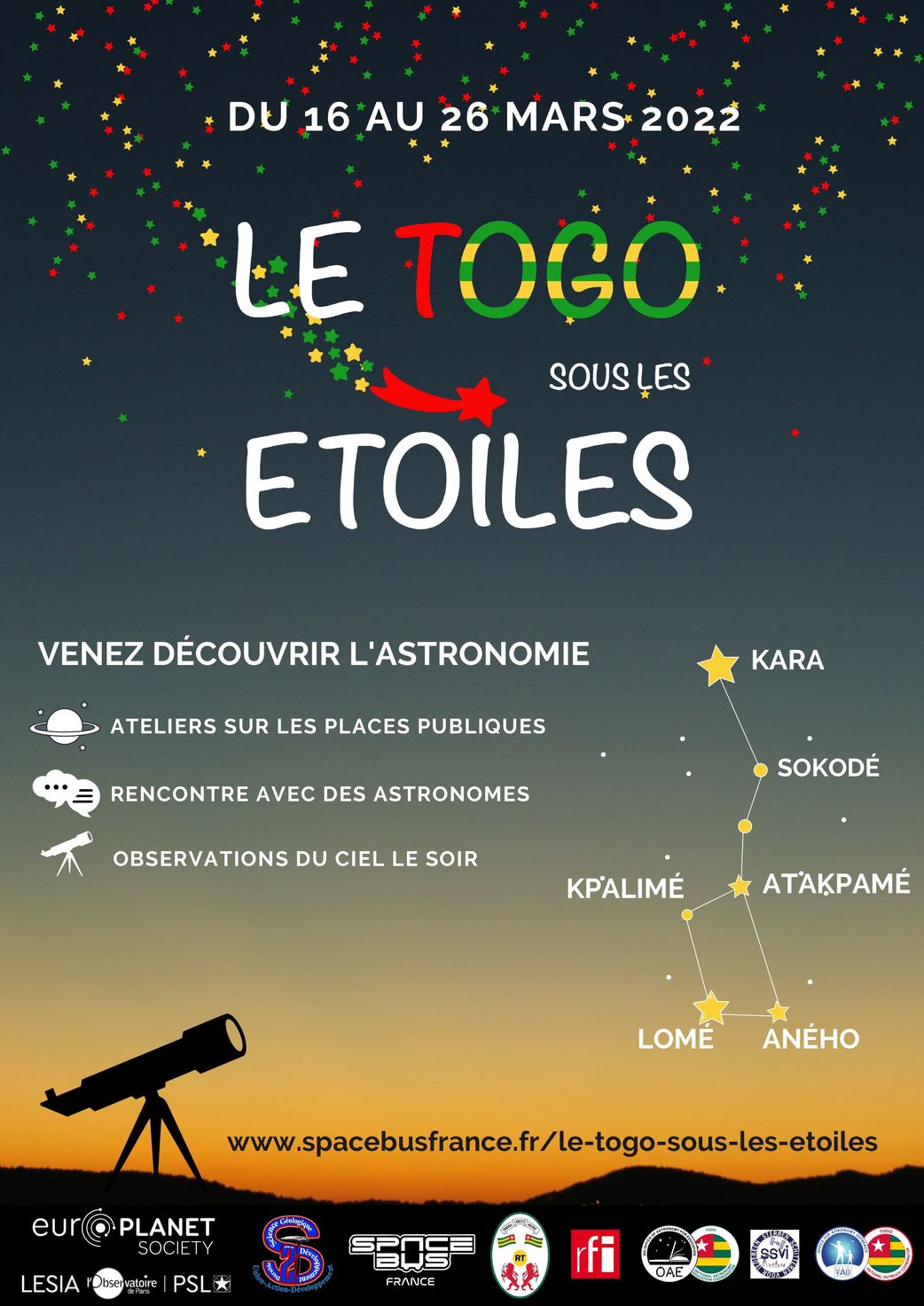Planetary Geology and Astrobiology focused research have significantly grown in the last decades, where the US, European countries and China have been leading the path through NASA, ESA and CNSA space programs. This research has been more limited in South America, sometimes due to the lack of an explicit space program or where this program exists but developed at a smaller scale or focused on different goals. In spite of this, a growing number of scientists has been actively conducting research, directly or indirectly, related to these topics. Here is a brief and clearly biased and non-exhaustive summary shows how diverse this research is, taking some examples in Argentina and other countries such as Chile and Brazil, but being aware that other countries such as Colombia and Mexico also have a growing Planetary Geology and Astrobiology community.
Structural geology, geomorphology and tectonics in our planet is a matter of intense research in Argentina, particularly in the Andean region. Similar studies in other planetary bodies such as Mars, on the other hand, are more limited. In spite of this, it is worth mentioning the research conducted by Dr. Mauro Spagnuolo and colleagues of the IDEAN (Instituto de Estudios Andinos Pablo Groeber, Buenos Aires, Argentina, http://www.idean.gl.fcen.uba.ar/). This group has been actively collaborating and working on topics such as planetary mapping, geomorphology, structural geology and sedimentary processes of Mars and Titan surface.
The question of the possibility of life on other planets brings the need to be able to recognize extinct or extant life, particularly in the sedimentary record. The approach is to study how life develops in a diversity of environments, typically extreme environments, to understand how the signals of life are preserved in the sedimentary record (biosignatures). The study of microbial activity and their biosignatures has been the focus of research of Dr. Fernando Gomez and colleagues (https://fernandojgomez.github.io/FernandoJGomez/team/) from the CICTERRA (Centro de Investigaciones en Ciencias de la Tierra) and Dr. Douglas Galante (https://orcid.org/0000-0002-3265-2527) and Amanda Bendía (https://orcid.org/0000-0003-0042-8990) from the University of São Paulo (Brazil) by using a combination of sedimentolgical, biogeochemical and microbiological tools in order to explore the limits of life and its sedimentary record.
Dr. Pamela Such is a geologist from Argentina, and currently a SETI Institute research affiliate (https://www.seti.org/affiliates/pamela-such) who works mainly in developing the techniques and instrumentation necessary for the exploration of space resources. For example she collaborated with Dr. Pablo Sobron (SETI/NASA; Impossible Sensing Founder), testing LIBS laser and Raman instruments in environments of high UV and altitude and deficient oxygen levels in the Andes and with Dr. Mike Daly, OLA Instrument, OSIRIS-REx mission. She also has recently participated in the simulated mission to Mars, AMADEE 18, in the Oman desert. She has also recently led a project and research to study the feasibility of exposure and survival of Quinoa seeds to extra-planetary conditions to explore the development of crops during missions to the Moon and Mars.
The mineralogy and cosmochemistry of meteorites and its relevance to understand the formation of our Solar System has been the focus of intense research by Maria Eugenia Varela and colleagues of the ICATE (Instituto de Ciencias Astronómicas, de la Tierra y el Espacio) (https://icate.conicet.gov.ar/). In addition Dr. Varela is a member of the Argentinian Research Unit in Astrobiology (http://astrobioargentina.org/argentinian-research-unit-in-astrobiology/) where some scientists also explore the possibility of life in other planetary bodies. Another approach to meteorites and other space bodies has been developed by Dr Daniel Acevedo CADIC (Ushuaia, Argentina) and colleagues, by studying the numerous impact craters in Argentina and South America. For example, it is well known for their research in the Bajada del Cielo impact field in Chubut, southern Argentina. This research has been published in numerous papers and summarized in a really interesting book titled Impact Craters in South America (https://link.springer.com/book/10.1007/978-3-319-13093-4).
Dr. Giovanni Leone is an Italian geophysicist and volcanologist from the Atacama University, Chile (https://www.linkedin.com/in/giovanni-leone-73558185/?originalSubdomain=cl). His research includes Planetary Simulants, using the basaltic rocks from Atacama desert as a Moon and Mars geochemical analogues for testing rovers and carrying on experiments for future planetary settlements; Space Biomining, exploring the role of bacteria in low-water environments for the extraction of useful minerals (i.e. rare earth elements, copper, etc.); and Muography, the use of muons naturally produced by the interactions between galactic cosmic rays and atmosphere, for example, for the imaging of the internal structure of volcanoes. It is also worth mentioning his recent research on Mars surface and interior by combining geophysical and modelling techniques, as well as availability of important resources like water, and the studies about meteorites found in the Atacama Desert by Dr. Millarca Valenzuela (https://www.astrofisicamas.cl/millarca-valenzuela/).
Aside from the purely scientific approach to planetary geology, it worth to mention the activities developed by that SpaceBee Technologies (http://www.spacebeetech.com/), and its diverse team of geologists and engineers from Cuba and Argentina ( http://www.spacebeetech.com/team.html). This includes the development of a low-cost lunar rover named RoverTito, designed to contribute to the exploration of the Moon and to explore its potential for human habitability and for making the space accessible for future generations. Understanding the lunar regolith, the detection of structures such as lava tunnels or the distribution of solid water (ice) by using a set of geophysical techniques is between the goals of the SpaceBee Technologies project.
All these interesting efforts and contributions in planetary geology have been catalyzed by the individual and/or collective interest of some researchers and technology-focused teams, being the driving force of the curiosity for space exploration. Clearly, joining efforts into a more organized and better funded program where different institutions along South America can collaborate would increase the potential and collaborative research of all these researchers and engineers. This calls attention to the need to create the space for this discussion to take place and where people can share these activities and experiences and this may help to set the lines for a future planetary space program in South America.


